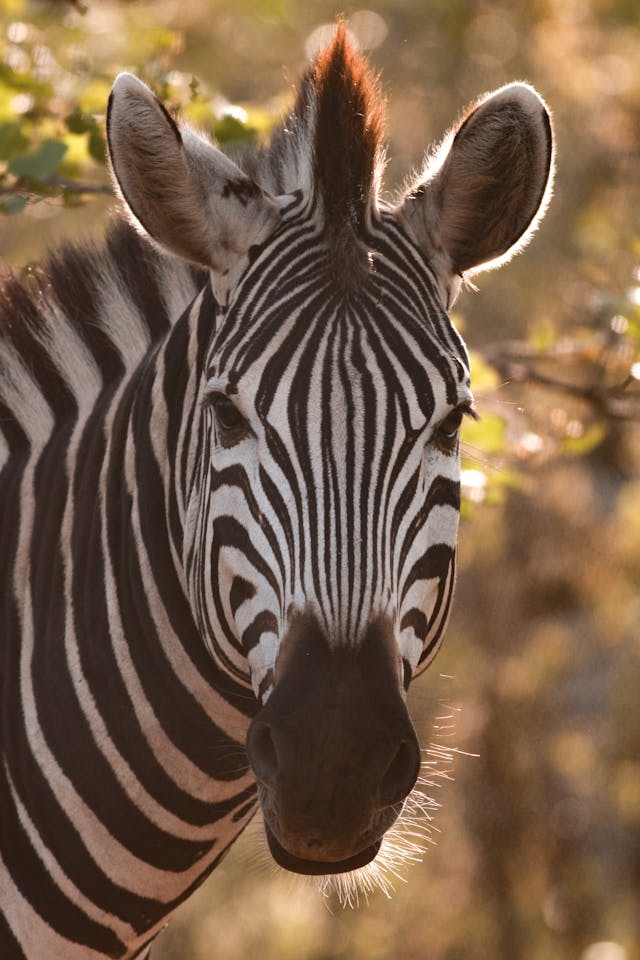Kenya Travel Information
Kenya, located in East Africa, is a popular destination for travelers due to its stunning landscapes, rich culture, and abundant wildlife. Whether you’re interested in safaris, beach vacations, cultural experiences, or adventure activities, Kenya offers something for everyone.
Visa and Entry Requirements
Most visitors to Kenya require a visa, which can be obtained online through the eVisa portal or on arrival at major airports. It’s advisable to check the specific requirements based on your nationality before traveling. A valid passport with at least six months’ validity from the date of entry is necessary.
Best Time to Visit
Kenya has a varied climate that allows for year-round travel, but the best times for safaris are during the dry seasons: January to March and July to October. During these periods, wildlife is more visible as animals congregate around water sources. The famous Great Migration in the Masai Mara usually occurs between July and October, making it a prime time for wildlife enthusiasts.
Popular Destinations
- Masai Mara National Reserve: Known for the Great Migration and abundant wildlife, including the "Big Five" (lion, elephant, buffalo, leopard, and rhinoceros).
- Amboseli National Park: Famous for its large elephant herds and stunning views of Mount Kilimanjaro.
- Tsavo East and Tsavo West National Parks: Some of the largest parks in Kenya, known for diverse landscapes and wildlife.
- Samburu National Reserve: Offers unique species like the Grevy's zebra, Somali ostrich, and reticulated giraffe.
- Lamu Island: A UNESCO World Heritage Site with beautiful beaches and Swahili culture.
- Diani Beach: A popular beach destination with pristine white sands and clear waters.
Traveling Around Kenya
Kenya has a well-established domestic flight network, making it easy to travel between major cities and national parks. The road network is fairly good, but conditions can vary, especially in remote areas. For safaris, guided tours with experienced drivers are recommended. The new Standard Gauge Railway (SGR) offers a convenient option for travel between Nairobi and Mombasa.
Health and Safety
Travelers to Kenya are advised to take precautions against malaria by using mosquito repellents and taking antimalarial medication. Vaccinations for yellow fever, typhoid, and hepatitis A and B are recommended. It’s also advisable to drink bottled water and be mindful of personal safety, especially in urban areas.
Cultural Etiquette
Kenya is culturally diverse, with over 40 ethnic groups. Respecting local customs and traditions is essential. Dress modestly, especially in rural areas and when visiting cultural sites. Swahili is the national language, while English is widely spoken, making communication relatively easy for most travelers.
Currency and Payment
The currency is the Kenyan Shilling (KES). Credit cards are widely accepted in urban areas, hotels, and major tourist destinations. However, it’s advisable to carry some cash, especially when traveling to remote areas.
Safety Tips
Kenya is generally safe for tourists, but common travel precautions apply:
- Avoid displaying valuables in public.
- Be cautious in crowded places and at night.
- Use reputable tour operators and guides.
- Stay informed about local news and updates.
Packing Essentials
- Lightweight, breathable clothing for warm days.
- Warm clothing for cool evenings and early morning game drives.
- Comfortable walking shoes, a hat, sunscreen, and insect repellent.
- Binoculars and a good camera for wildlife viewing.
Sustainable Travel
Kenya is committed to eco-tourism and wildlife conservation. Visitors are encouraged to support responsible tourism practices, such as staying in eco-friendly lodges, avoiding plastic waste, and respecting wildlife by keeping a safe distance during safaris.
Kenya is a captivating destination that offers a perfect blend of adventure, culture, and relaxation, making it an ideal travel choice for all kinds of travelers.

Contact Us
- +254 25 258 000
- info@adanasafarikenya.com